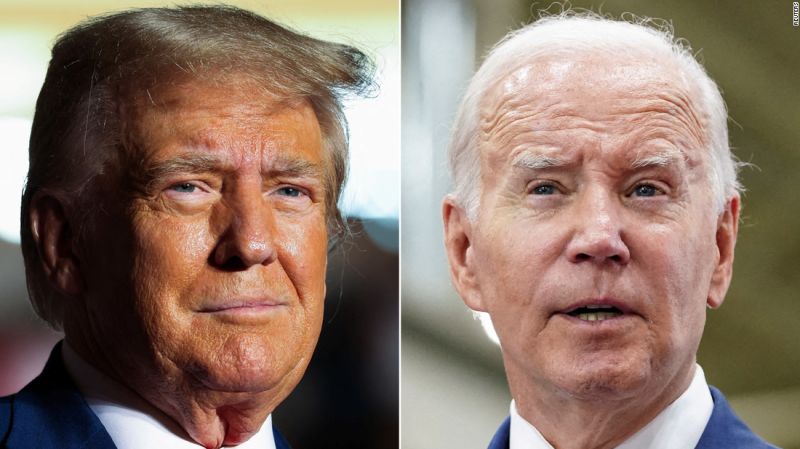The US Federal Reserve (Fed) has maintained its policy interest rate range at 5.25%-5.50% for the second time during its November meeting, according to recent reports. This decision, driven by persistent inflation concerns, comes despite a robust Q3 economic growth and significant job gains. The Fed’s benchmark rate remains at a 22-year high following a series of rate hikes initiated from March 2022 to combat inflation.
Jerome Powell, Fed Chair, noted the time lag in realizing the effects of monetary tightening and refrained from discussing prospective rate hikes. Despite these inflation issues, the U.S. economy demonstrated resilience with a 4.9% Q3 real GDP growth rate, bolstered by increased consumer spending backed by strong employment and wage growth.
Concerns about an economic slowdown are rising as long-term U.S. interest rates reached a 16-year peak of 5% in October, alongside increasing Treasury yields. Uncertainty over U.S. consumer spending also looms due to the resumption of student loan repayments following COVID-19 pandemic suspensions.
David Kohl, Chief Economist at Julius Baer, forecasts that the Fed will keep interest rates unchanged until Q3 2024 due to this robust economic growth and reduced inflation. Kohl highlighted that higher bond yields and weaker equity markets have tightened financial conditions, leading to questions about whether the current monetary policy stance is restrictive enough.
In response to the global economic climate, other central banks have also held their interest rates steady. The UAE’s base rate for overnight deposit facility remains at 5.4%, while Qatar has also kept its interest rates unchanged following the Fed’s decision. Similarly, the European Central Bank has kept its policy rate steady for the first time since June last year, while the Bank of Japan continues with its monetary easing approach.
Despite these measures, mounting interest rates in Europe have induced economic downturns, as evidenced by a 0.4% reduction in the eurozone’s real GDP. Despite this, Kohl expects that softening growth and lower inflation will convince the Federal Open Market Committee (FOMC) that further policy tightening is unnecessary.
This article was generated with the support of AI and reviewed by an editor. For more information see our T&C.
Read the full article here






